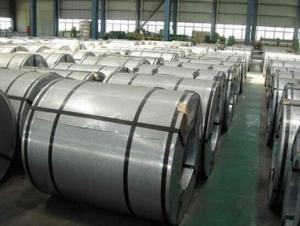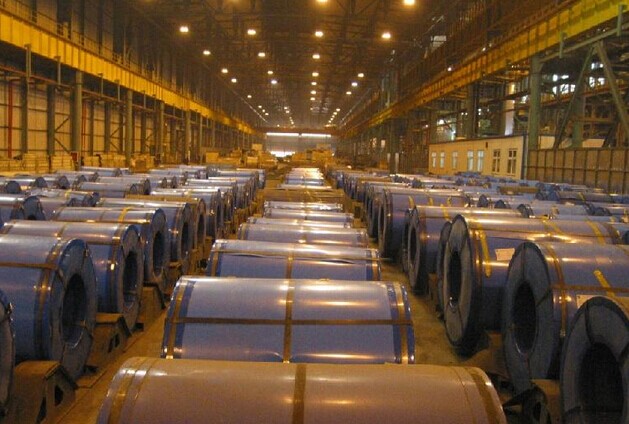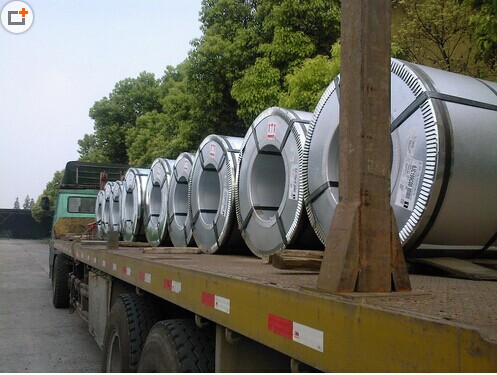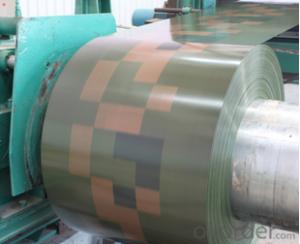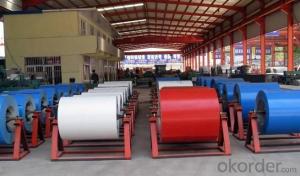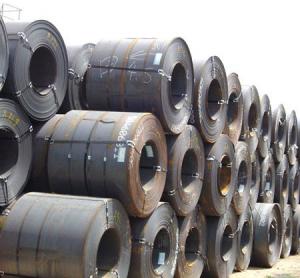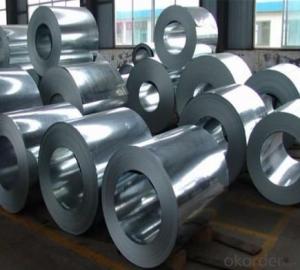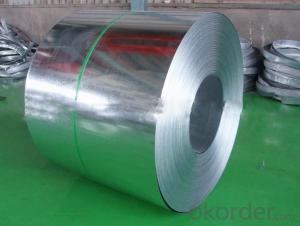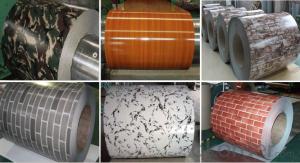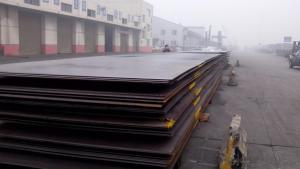Hot Dipped Galvanized Steel Coil GL or GI Coil
- Loading Port:
- Shekou
- Payment Terms:
- TT or LC
- Min Order Qty:
- 23 m.t.
- Supply Capability:
- 231 m.t./month
OKorder Service Pledge
OKorder Financial Service
You Might Also Like
1.Structure of Hot-Dip Galvanized Steel Sheet Description:
Hot-dip galvanized steel coils are available with a pure zinc coating through the hot-dip galvanizing process. It offers the economy, strength and formability of steel combined with the corrosion resistance of zinc. The hot-dip process is the process by which steel gets coated in layers of zinc to protect against rust. It is especially useful for countless outdoor and industrial applications. Production of cold formed corrugated sheets and profiles for roofing, cladding, decking, tiles, sandwich walls, rainwater protective systems, air conditioning duct as well as electrical appliances and engineering.
2.Main Features of the Hot-Dip Galvanized Steel Sheet:
• Excellent process capability
• Smooth and flat surface
• Workability, durability
• Excellent anticorrosive property
• High strength
• Good formability
• Good visual effect
3.Hot-Dip Galvanized Steel Sheet Images
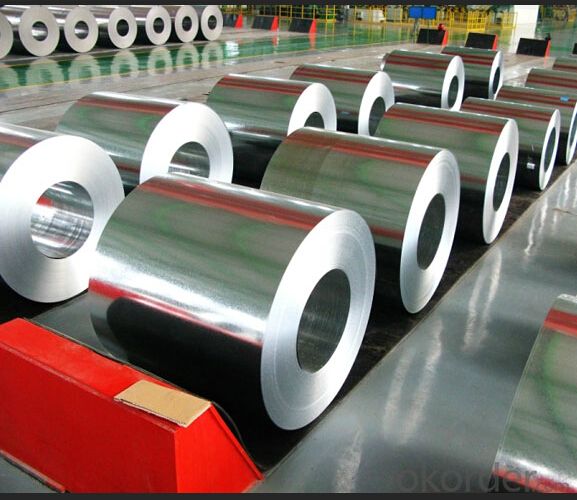
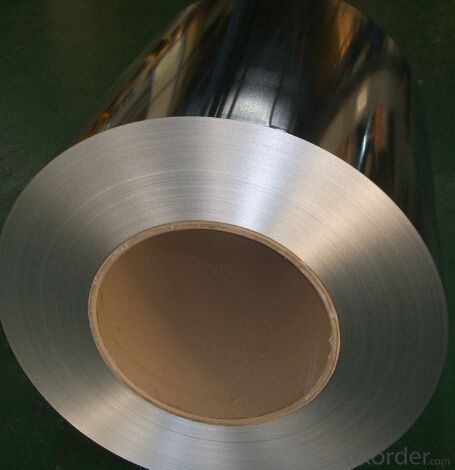
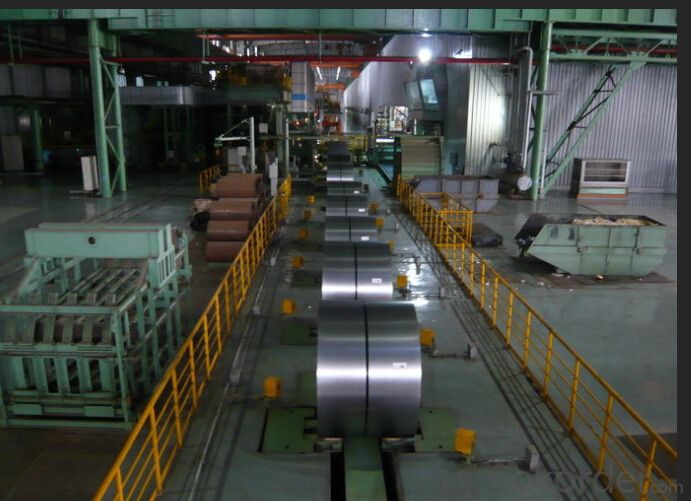
4.Hot-Dip Galvanized Steel Sheet Specification
Standard: ASTM, JIS,EN
Grade: CS, DX51D+Z,SGCC, SS 230~550,S220GD+Z~S550GD+Z, SGC340~SGC570
Thickness: 0.1mm~5mm
Width: max 2000mm
Coil weight:3-12 MT
Coil ID:508/610mm
Surface structure: zero spangle, regular spangle or minimum spangle
Surface treatment: Chromate treatment, Oiled/dry, skinpassed/non-skinpassed
Packing: Standard seaworthy export package
Technology test results:
| Item | Description |
| Standard | JIS, DIN, ASTM, EN |
| Steel Grade | SGCC, SGCH, DX51D or others |
| Zinc Coating | 50g/m²-275g/m² |
| Coil Weight | 3-10MT |
| Coil ID | 508mm/618mm |
| Width | 500-1500mm |
| Surface Treatment | Chromated, oiled, phosphating, lacquer seal, SECCAFP or others |
| Spangle | Zero spangle, minimum spangle, normal/regular spangle or large spangle |
| Color | According to RAL system or your requirement |
| Packaging | Standard Seaworthy Packaging for International Transportation |
| Delivery Time | 10-25 days (Depends on the quantity you required) |
| Payment Term | T/T or L/C |
5.FAQ of Hot-Dip Galvanized Steel Sheet
We have organized several common questions for our clients,may help you sincerely:
1.How about your company?
A world class manufacturer & supplier of castings forging in carbon steel and alloy steel,is one of the large-scale professional investment casting production bases in China,consisting of both casting foundry forging and machining factory. Annually more than 8000 tons Precision casting and forging parts are exported to markets in Europe,America and Japan. OEM casting and forging service available according to customer’s requirements.
2.How to guarantee the quality of the products?
We have established the international advanced quality management system,every link from raw material to final product we have strict quality test;We resolutely put an end to unqualified products flowing into the market. At the same time, we will provide necessary follow-up service assurance.
3. How long can we receive the product after purchase?
Usually within thirty working days after receiving buyer’s advance payment or LC. We will arrange the factory manufacturing as soon as possible. The cargo readiness usually takes 15-30 days, but the shipment will depend on the vessel situation.
- Q: What are the different types of edge treatments for steel coils?
- There are several different types of edge treatments for steel coils, each serving a specific purpose and providing different benefits. 1. Slit Edge: Slit edge is the most common type of edge treatment for steel coils. It is achieved by cutting the coil along its width, resulting in two distinct edges. Slit edges are generally smooth and free from burrs, making them suitable for most applications. 2. Mill Edge: Mill edge is the untreated edge of a steel coil as it comes from the rolling mill. It is characterized by a rough and uneven surface, with visible imperfections such as burrs and irregularities. Mill edges are typically not suitable for direct use and require further processing or trimming to achieve a desired edge quality. 3. Trimmed Edge: Trimmed edge is an edge treatment that involves removing the rough and irregular portions of the mill edge. This process is done through shearing or cutting, resulting in a smoother and more consistent edge. Trimmed edges are commonly used when a clean and uniform appearance is required. 4. Deburred Edge: Deburring is a process that removes any sharp or rough edges from the steel coil. This treatment is essential for applications where safety is a concern, as it eliminates the risk of injury from handling sharp edges. Deburred edges are achieved through grinding or filing and provide a smooth and safe edge for various applications. 5. Rounded Edge: Rounded edge is a type of edge treatment that involves rounding the sharp corners of the steel coil. This treatment is often used to prevent damage to other materials or surfaces during handling or transportation. Rounded edges reduce the risk of scratches, dents, or other forms of surface damage. 6. Beveled Edge: Beveled edge is an edge treatment where the edge of the steel coil is cut at an angle, typically 45 degrees. This type of treatment is commonly used in applications that require a tight fit or seamless joint with other components. Beveled edges allow for easier assembly and improve the overall appearance of the final product. Each of these edge treatments has its own advantages and is chosen based on the specific requirements of the application. The selection of an appropriate edge treatment for steel coils is crucial to ensure optimal performance, safety, and aesthetics in various industries such as construction, manufacturing, automotive, and more.
- Q: What is the yield strength of steel coils?
- The yield strength of steel coils can vary depending on the specific grade and composition of the steel. However, the typical yield strength of steel coils ranges from 300 to 600 megapascals (MPa).
- Q: What are the factors to consider when selecting steel coils for a specific application?
- When selecting steel coils for a specific application, there are several factors that need to be considered. These factors include the type of application, the required strength and durability, the desired aesthetic appearance, the budget, and any specific industry standards or regulations that need to be met. Firstly, it is important to determine the type of application for which the steel coils will be used. Different applications may require different types of steel with varying properties. For example, if the coils will be used in structural construction, high-strength steel with excellent structural integrity may be required. On the other hand, if the coils will be used in automotive manufacturing, steel with good formability and weldability may be more suitable. The required strength and durability is another crucial factor to consider. This includes factors such as the load-bearing capacity, resistance to corrosion, and ability to withstand extreme temperatures or environmental conditions. The steel coils must be able to withstand the specific stresses and strains that will be placed upon them in the intended application. The desired aesthetic appearance is also important, especially in applications where the steel coils will be visible. Factors such as the surface finish, color, and texture of the steel coils may need to be considered. This is particularly relevant in industries such as architecture or interior design, where the visual appeal of the steel is a key consideration. Budgetary constraints should also be taken into account when selecting steel coils. Different grades and types of steel can vary significantly in price. It is important to find a balance between the desired properties and the available budget. Sometimes, it may be necessary to compromise on certain factors in order to meet budgetary constraints. Lastly, any specific industry standards or regulations should be considered when selecting steel coils. Certain industries, such as aerospace or automotive, may have strict requirements for the materials used in their products. In such cases, it is crucial to ensure that the selected steel coils meet all necessary standards and regulations. In conclusion, when selecting steel coils for a specific application, factors such as the type of application, required strength and durability, desired aesthetic appearance, budget, and industry standards or regulations should all be carefully considered. By taking these factors into account, one can make an informed decision and choose the most suitable steel coils for their specific application.
- Q: can anyone tell me the way to bring back the shine to the stainless steel kitchen sink . It has become dull.
- A stainless steel kitchen sink is durable, easy to keep clean and disinfect, and will only grow more beautiful with age - if you take proper care of it. Clean the sink with soapy water, or a stainless steel cleaner (Spray N Sheen Stainless Steel Cleaner/Polish/Protectant) once or twice a week. Once or twice a month, fill the sink half full with a 50/50 solution of bleach and water or a special stainless steel cleaner (Stainless Steel Cleaner). Let it soak for about 15 minutes, then wash the sides and bottom and let it drain. Remember to wipe dry when done.
- Q: How are steel coils used in the production of automotive structures?
- Various methods involve the usage of steel coils in the production of automotive structures. To begin with, these coils serve as the primary material for manufacturing car bodies and frames. Typically composed of high-strength steel, known for its durability and crashworthiness, these coils undergo processing and forming to create different automotive components such as panels, doors, roofs, and pillars. Moreover, steel coils are also utilized in the creation of various structural components within an automobile. For instance, they contribute to the fabrication of suspension systems, chassis, and other vital parts that provide stability, strength, and support to the vehicle. Steel coils frequently find application in the production of structural beams, reinforcement bars, and other load-bearing elements that ensure the overall strength and safety of the vehicle. Furthermore, steel coils play a significant role in the manufacturing of automotive parts that require precise shaping and forming processes. These coils are fed into stamping presses, where they undergo a series of operations including cutting, bending, and shaping to produce intricate parts such as brackets. The versatility of steel enables the production of complex automotive structures with exceptional accuracy and precision. Additionally, steel coils are crucial in the production of automotive exhaust systems. Typically composed of stainless steel, which exhibits excellent resistance to corrosion and high temperatures, these coils are formed and welded into exhaust pipes, mufflers, and catalytic converters, guaranteeing the durability and longevity of these critical components. In conclusion, the utilization of steel coils is essential in the production of automotive structures. They are employed in the creation of car bodies, frames, suspension systems, chassis, and other structural components. Steel coils also play a vital role in the manufacturing of precise and intricate automotive parts, as well as exhaust systems. Overall, the presence of steel coils contributes significantly to the strength, safety, and longevity of automotive structures.
- Q: I need to say how a bottle opener is made, would it be made from steel and can this be coloured? How?
- Steel can be plated(Chrome),Blackened(Black Oxide),Powder coated(color of your choose).All of this is done to prevent rust.All of these aforementioned processes can be worn off through being used.I suggest polished Stainless steel.
- Q: How are steel coils used in the manufacturing of industrial equipment?
- Steel coils are commonly used in the manufacturing of industrial equipment due to their versatility and strength. These coils are typically made from high-quality steel and are shaped into a coil form to facilitate easy transportation and storage. One of the primary uses of steel coils in industrial equipment manufacturing is for the fabrication of structural components. These coils are often cut, shaped, and welded to create various parts and structures that provide support and stability to the equipment. For example, steel coils can be used to construct frames, beams, and brackets that form the backbone of heavy machinery. Steel coils are also used in the production of mechanical components such as gears, shafts, and bearings. These components require high strength and durability to withstand the heavy loads and harsh operating conditions encountered in industrial settings. By using steel coils, manufacturers can ensure that these parts have the necessary strength and resilience to perform reliably. Additionally, steel coils are employed in the manufacturing of equipment surfaces that require corrosion resistance or aesthetic appeal. Steel with specific coatings or finishes can be rolled into coils to create sheets or plates that are used to construct outer casings, panels, or covers for industrial equipment. These coatings not only protect the equipment from environmental factors but also enhance its appearance. Furthermore, steel coils can be transformed into pipes and tubes, which are vital components in many industrial applications. These pipes are used to transport various fluids, gases, or materials within the equipment. The strength and structural integrity of steel coils ensure that the pipes can withstand high pressure, temperature, and mechanical stress, making them suitable for demanding industrial environments. In conclusion, steel coils play a crucial role in the manufacturing of industrial equipment. They are used to fabricate structural components, mechanical parts, surface finishes, and pipes. The versatility, strength, and durability of steel coils make them a preferred choice in the industrial equipment manufacturing industry.
- Q: would you consider steel a flexible substance...i am debating this with my coworkers.Thanks,
- Steel is a flexible material. It can be deformed and return to it's original shape up while the stress applied is still in the elastic range. How flexible depends on size, shape, and alloy. Some alloys are more flexible than others and a lot of this is controlled by carbon content.
- Q: What is the market demand for steel coils?
- The market demand for steel coils is influenced by various factors such as construction, manufacturing, and infrastructure development. As steel coils are widely used in industries like automotive, construction, and appliances, the market demand for steel coils is generally high. However, it can fluctuate depending on economic conditions, industry trends, and global demand for steel products.
- Q: How are steel coils used in the production of solar panels?
- Steel coils are not directly used in the production of solar panels. However, steel is typically used in the manufacturing of the structural frames and mounting systems for solar panels. These frames and mounting systems provide support and stability to the solar panels, ensuring their proper installation and long-term durability.
Send your message to us
Hot Dipped Galvanized Steel Coil GL or GI Coil
- Loading Port:
- Shekou
- Payment Terms:
- TT or LC
- Min Order Qty:
- 23 m.t.
- Supply Capability:
- 231 m.t./month
OKorder Service Pledge
OKorder Financial Service
Similar products
Hot products
Hot Searches
Related keywords
